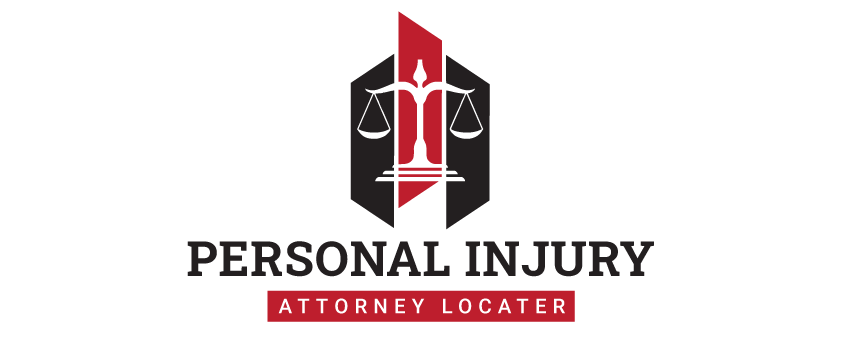How to Prepare for a Personal Injury Lawsuit
0
There are a number of different kinds of personal injury. This can include accidents, medical malpractice and more. In addition, there are a few things that you can do to prepare for a possible personal injury lawsuit.
Car accidents
Car accidents can lead to a wide range of injuries. Minor injuries might be resolved by working with the other driver’s insurance company, but if you’re injured, you may need to seek compensation for damages.
If you’re involved in an auto accident, the first thing you should do is call the police. They will send an officer to the scene to document the accident and gather physical evidence. The police will also write up a report to help you establish fault in the event you need to file an insurance claim.
Another step you should take is to see a doctor. A medical professional can diagnose your injury, recommend a treatment plan, and estimate how much your medical bills will cost in the future.
You should also keep a detailed log of your injuries and feelings. This can be a great way to seek reimbursement for your medical bills.
However, the true value of your damages will be hard to calculate without an attorney’s help. An accident attorney can help you decide how to pursue your claim and what to expect from your insurer.
Slip-and-fall accidents
If you have been hurt in a slip-and-fall accident, you may be entitled to compensation for your injuries. The type of injury you suffer and your age can have an effect on the amount of compensation you receive. A personal injury attorney can help you determine if you have a claim.
Slip-and-fall accidents can happen on just about any surface. They can occur in restaurants, retail stores, apartment buildings, or even at home. To ensure that you are not injured, you should always wear appropriate footwear.
When you fall, you run the risk of spraining a ligament, straining a muscle, or breaking a bone. You also run the risk of sustaining a concussion, which can cause symptoms such as ringing in the ears, dizziness, and nausea.
Many slip-and-fall victims live with chronic pain for years. This can limit their ability to work and spend time with their families.
Slip-and-fall accidents can be caused by wet floors, potholes, loose flooring, broken stairs, or debris in pedestrian walkways. It’s important to train your family and household members to avoid dangerous conditions.
Medical malpractice
If you’ve been injured because of medical malpractice, you might want to consider filing a lawsuit. You may be able to recover compensation for your medical expenses, lost wages, and pain and suffering.
When deciding whether or not to file a claim, you should consult with a lawyer with experience handling medical malpractice and personal injury cases. A lawyer will help you decide if you have a case, as well as explain your options for fair financial recovery.
For example, the most common types of malpractice are physician errors, surgical malpractice, hospital negligence, and pharmacy malpractice. Misdiagnosis is also a potential problem, as is failure to order proper tests. The doctor might have neglected to ask about your medical history.
In addition, the medical profession has a duty to uphold the highest standard of care for all of its patients. This means that they must warn you of any known risks before undergoing a procedure. Failure to do so could lead to an accident or an unexpected outcome.
Defenses to a personal injury lawsuit
If you’re filing a personal injury lawsuit, you will need to know about some of the common defenses used by insurance companies. These defenses can make your case weaker and limit your ability to recover damages.
One of the most common defenses is based on comparative negligence. This means that if the plaintiff is a majority contributor to his own injuries, he may not be able to collect any damages.
Another defense is the assumption of risk. This is based on contract law. The defendant argues that the plaintiff knew of the risk of injury and was aware of the need to take precautions.
Another common defense is contributory negligence. A claim of contributory negligence is made by a plaintiff who was a significant contributing factor to his own injuries. However, there is no need for a plaintiff to prove that he was totally negligent.
Lastly, a plaintiff can use a statute of limitations as a defense. The statute of limitations is a legal rule that says you have two years after the incident to file your claim. When you fail to file your case within the stipulated timeframe, your claim will be barred.

